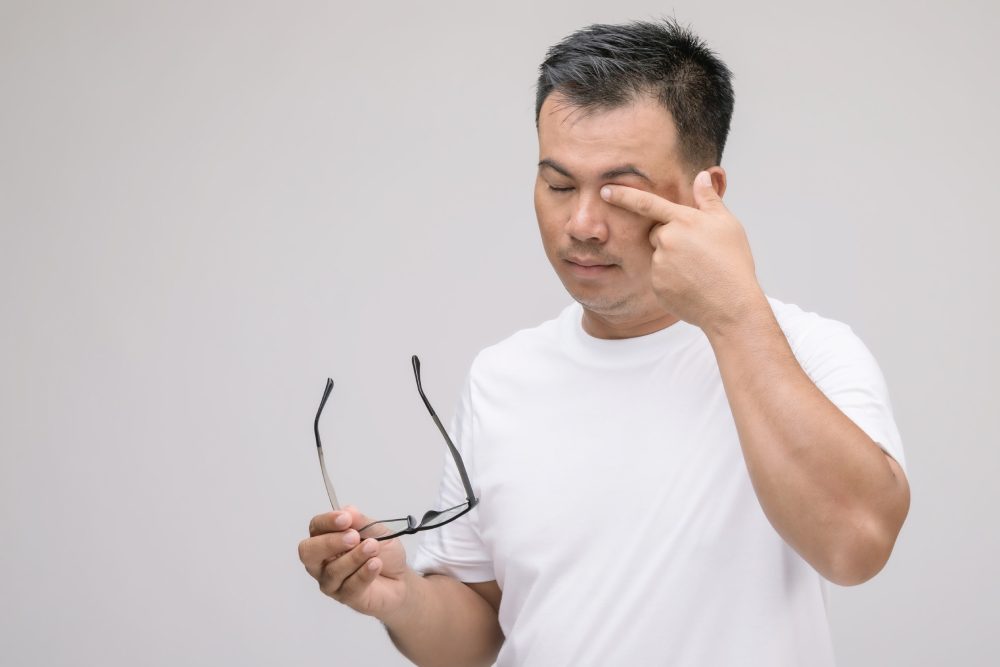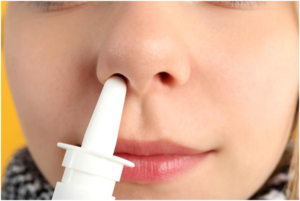It’s that time of the year again! No, we’re not talking about Christmas. We’re talking about the upcoming monsoon season Singapore is famous for. Being near the equator, Singapore experiences regular monsoons, and this rainy spell could cause an increase in occurrence of eye infections.
How Does Monsoon Season Affect Eye Health?
The rapid development of afternoon and early evening showers increases the moisture content in the air which enables more bacteria and pollutants to thrive. The strong winds during monsoon season will be picking up more dirt and contaminants that may get into your eyes and cause an infection.
Types of Common Eye Infections
The three types of common eye infections that usually occur during the monsoon seasons are: Conjunctivitis, Styes and Corneal Ulcers.
1. Conjunctivitis: Red or Pink Eye
Conjunctivitis is most commonly known as pink eye or red eye. Pink eye is a common eye infection that occurs when the air quality is not as excellent. As the monsoon winds tend to carry more dirt and bacteria, exposure to such microbiological agents may cause your eye to be irritated and inflamed – turning pink or red and watery.
There are different types of conjunctivitis; several factors can cause pink eye and you may need different treatment for them. For example, patients with persistent allergic conjunctivitis may be prescribed with topical steroid drops which are not for viral-infected conjunctivitis.
If your eyes are feeling gritty, looking red and inflamed, and excreting discharge, you should see a doctor to determine the exact cause of your eye infection and seek advice on the best course of eye infection treatment.
2. Stye
A stye is a bacterial infection of the eyelash follicles or oil glands that manifests as a painful lump along the eyelid. It is typically treated with a warm compress. Styes are common eye infections that occur during monsoon seasons because of bacteria transfer – those who suffer from colds and runny noses may transfer the bacteria from the nose to the eyelids when touching their face with their hands.
A visit to the eye doctor is also recommended to recover quickly from a stye and to ensure that it is nothing serious. You can also try proven home remedies like warm compression and gentle massaging with clean hands to aid the recovery process.
3. Corneal Ulcer
A corneal ulcer is an infection of the cornea caused by bacteria, fungus, viruses, or parasites in water. It is highly prevalent among contact lens wearers who do not practise proper contact lens care. The occurrence of corneal ulcers is also prevalent during monsoon seasons due to the quality of the air. The increased density of microbiological agents in the atmosphere increases the risk of viral, bacterial or fungal infection, in the form of an open sore in your cornea.
Strong winds during monsoon seasons will also cause your eyes to dry out faster and more frequently, thus increasing chances of abrasion on the cornea. It is recommended to see a doctor immediately if you suspect a corneal infection, as severe corneal ulcers could require a corneal transplant. Symptoms include severe pain in the eye, redness and swelling, discharge, and blurring of vision.
Eye Infection Treatment
In most cases of eye infection, a visit to the doctor is highly recommended. This is because it is better to determine the exact cause of your eye infection and get the correct treatment for it. Some cases of eye infection, especially the non-viral ones, would need treatments with antibiotic eye drops. Wrong treatment of an infection is dangerous as it could worsen the condition of your eye.
Preventing Eye Infection
The most efficient strategy is to adopt the policy of “proactiveness” in terms of eye health and eye care to reduce the chances of being prone to any eye infection.
- Practise good contact lens care
- Wear glasses/sunglasses when out
- Avoid exposing your eye to contaminated water
- Avoid wearing make-up and contact lenses if you have an eye infection
- Maintain and clean your eye with Satopharm’s Dorama eye drops
With our Japanese eye drops, you can prevent the build-up of dirt, dust and bacteria in your eye by removing them with our artificial tear-type eye drop. This will prevent the development of conjunctivitis and corneal ulcers. The cooling eye drops will also prevent clogged oil glands, impeding the growth of styes.
Save a trip to the doctor by practising good eye care. Get prepared for the monsoon season and grab the best eye drops at Sato Pharmaceutical today!





